Tens of thousands root for Turkish opposition candidate as election nears
Tens of thousands of Turkish people have rallied in support of opposition presidential candidate Kemal Kilicdaroglu as the latest polls show the vote will be a tight competition for current President Recep Tayyip Erdogan.
Republican People's Party (CHP) leader Kilicdaroglu launched the rally in Istanbul on Saturday just one week before the May 14 election, as he calls for "change".
The 74-year-old former civil servant has promised to focus on reviving Turkey’s ailing economy and "repairing democracy", saying that the nation “cannot afford to lose another five years” to Erdogan.
Kilicdaroglu has claimed that he will win decisively in the first round of the upcoming presidential and general elections on May 14 by winning 60 percent of the votes.
“I will win in the first round with 60% of the votes. And I will be elected as the 13th president of (Turkey) on May 14. This will not extend to the second round and will end in the first round,” he said during an interview with the Turkish daily newspaper, Sozcu.
However, recent polls suggest voting could go to a second round.
Kilicdaroglu, 74, has stood as the CHP leader for 13 years and was chosen as the presidential nominee for a bloc of six opposition parties, known as Nation Alliance.
His greatest asset is that he has united many of the staunch opposition parties, from Turkish nationalists to Kurds, behind a single candidate.
Last week, a Kurdish-Left alliance, including the pro-Kurdish Peoples’ Democratic Party (HDP), called on its supporters to vote for Kilicdaroglu in the elections.
Some view the HDP as the political wing of the Kurdistan Workers' Party (PKK), however, it strongly denies links with the PKK.
The PKK – designated as a terrorist group by Turkey, the United States, and the European Union – has been waging a decades-long armed insurgency against Ankara for greater autonomy for the Kurdish minority in the Turkish southeast.
Erdogan, 69, has ruled Turkey for 20 years since 2003, first as prime minister and later as president yet faces strong political headwinds ahead of the May 14 elections.
He is facing criticisms over Turkey’s double-digit inflation and his government has been accused of being slow to respond and lax in enforcing building codes after February's devastating earthquake.
Polls indicate that it will be a tight contest for the presidency, as well as in Parliament, with voters deciding which leader they want and what role Turkey plays in the Ukraine conflict and the Middle East.
The crucial elections in Turkey, which lies at the crossroads of Europe and the Middle East, will seriously affect the country's close alliance with Russia and some other key issues including Sweden joining US-led NATO amid Ukraine-Russia war.
VIDEO | 'Land of Angels' sweeps 44th Fajr Film Fest. awards
Iran dismisses claims of detainee rights violations as ‘psychological warfare’
VIDEO | The business of humanity
VIDEO | 47th anniversary of Islamic Revolution marked in Russia
Two US Navy ships collide near South America amid Trump buildup
Over 2,000 Britons served in Israeli military during Gaza genocide: Report
Houthi: Iranian, Yemeni revolutions inspire Islamic nation in face of enemy plots
Iran defeating sanctions for decades since Islamic Revolution victory


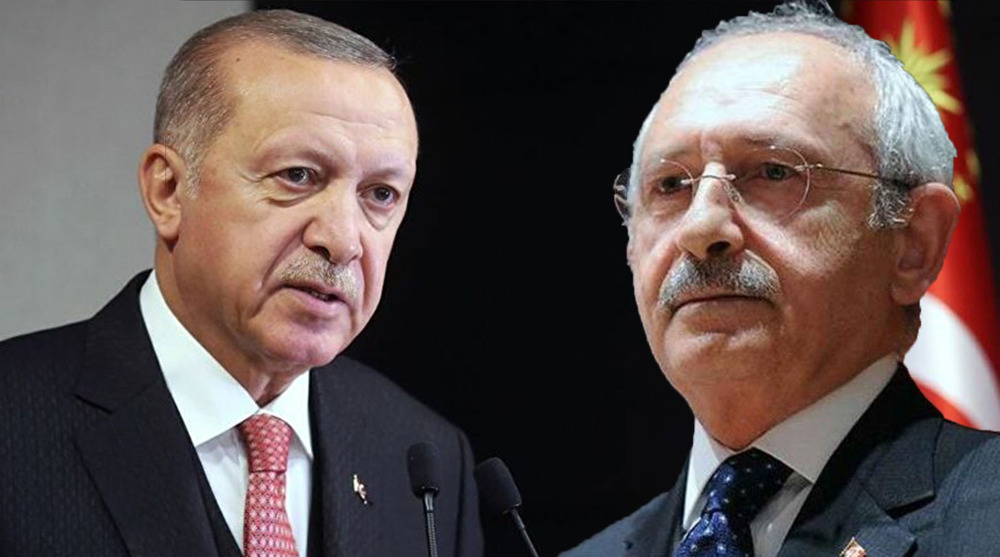

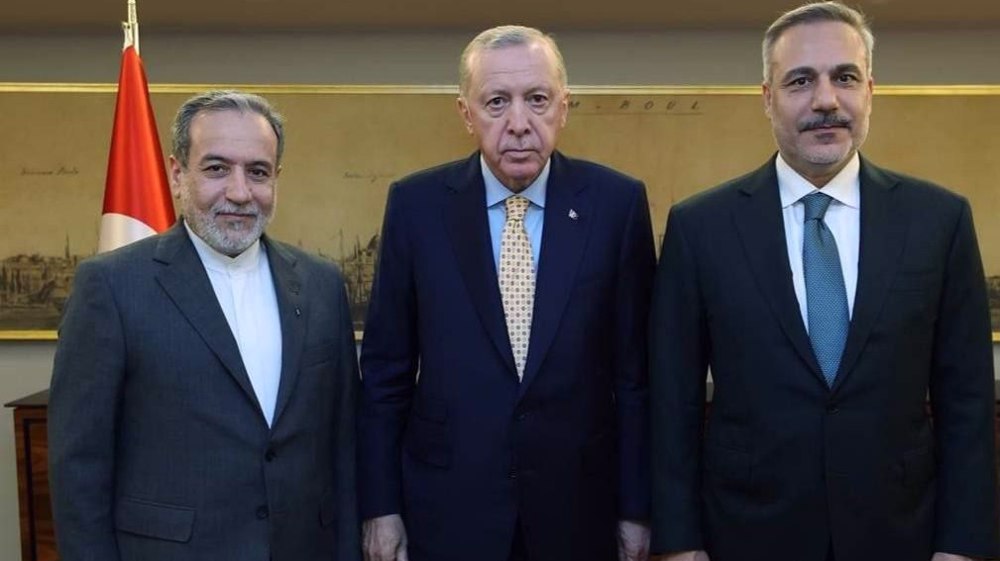
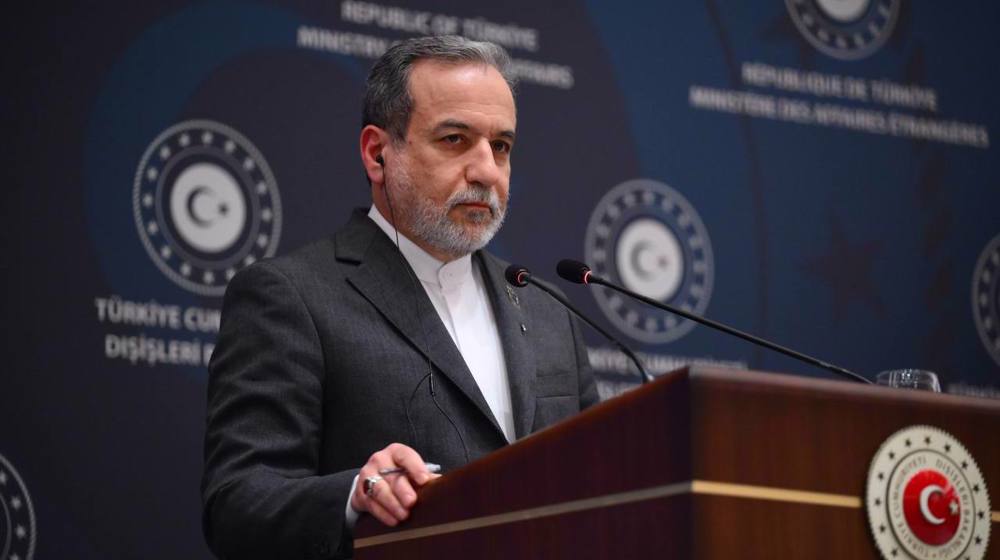



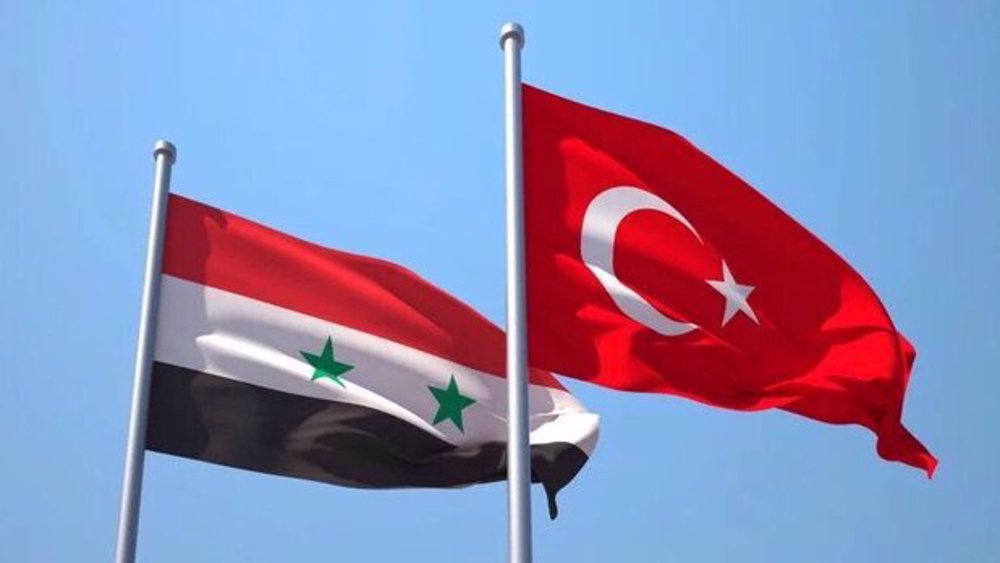
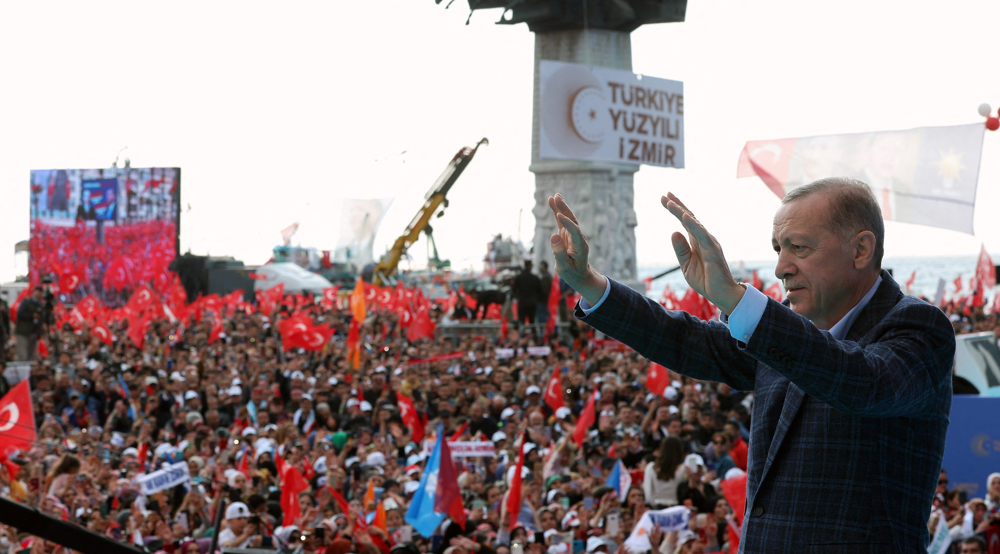
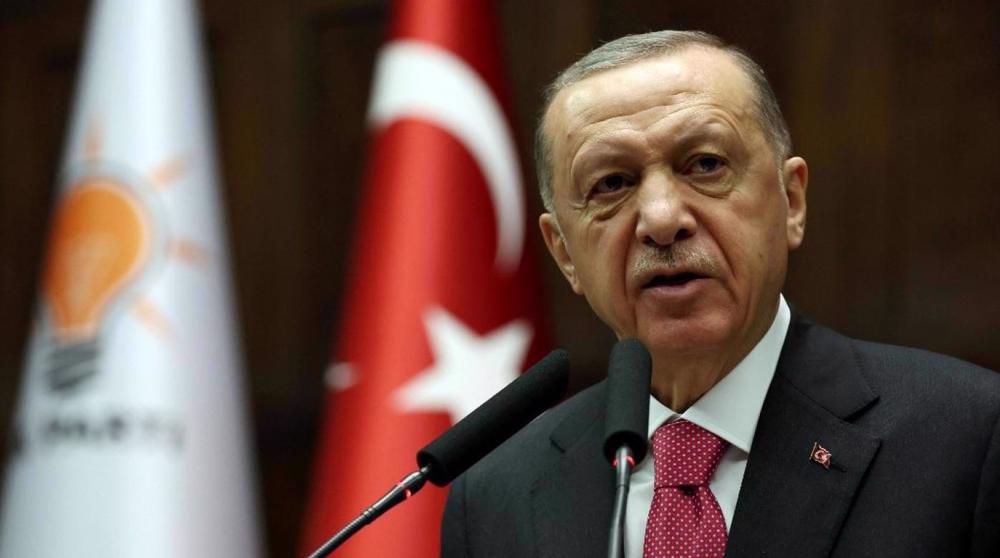
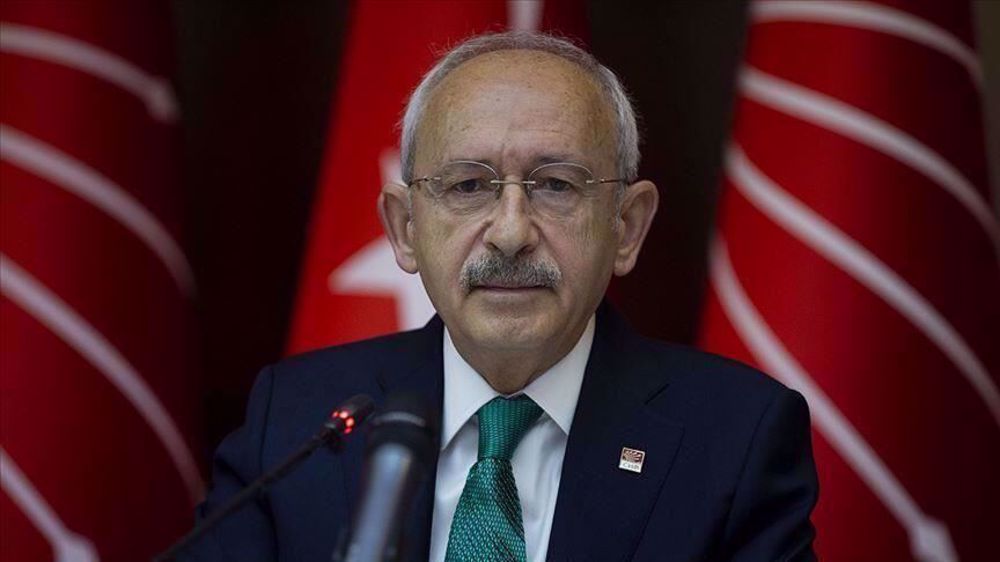

 This makes it easy to access the Press TV website
This makes it easy to access the Press TV website